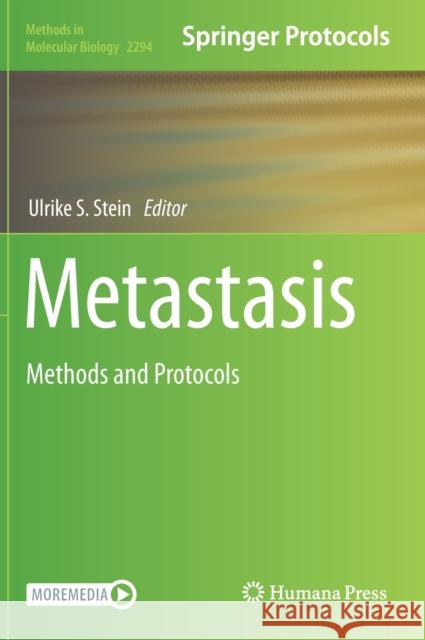Metastasis: Methods and Protocols » książka
topmenu
Metastasis: Methods and Protocols
ISBN-13: 9781071613498 / Angielski / Twarda / 2021 / 348 str.
Metastasis: Methods and Protocols
ISBN-13: 9781071613498 / Angielski / Twarda / 2021 / 348 str.
cena 603,81
(netto: 575,06 VAT: 5%)
Najniższa cena z 30 dni: 578,30
(netto: 575,06 VAT: 5%)
Najniższa cena z 30 dni: 578,30
Termin realizacji zamówienia:
ok. 22 dni roboczych.
ok. 22 dni roboczych.
Darmowa dostawa!
Kategorie BISAC:
Wydawca:
Humana
Seria wydawnicza:
Język:
Angielski
ISBN-13:
9781071613498
Rok wydania:
2021
Wydanie:
2021
Numer serii:
000014950
Ilość stron:
348
Waga:
0.77 kg
Wymiary:
25.91 x 19.56 x 2.29
Oprawa:
Twarda
Wolumenów:
01
Dodatkowe informacje:
Wydanie ilustrowane











